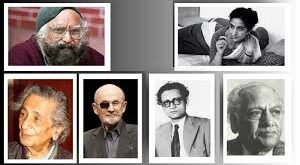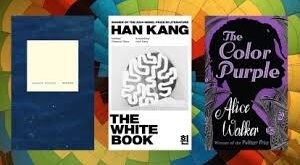As students across India grapple with academic competition and scarce personalized support, a quiet shift is underway in the country’s after-school learning space. With conventional tutoring setups stretched thin, some education technologists are experimenting with artificial intelligence to tackle the long-standing issue of one-on-one attention in a scalable way.
The Strain on Conventional Tutoring
From Delhi to small towns in Maharashtra, after-school tutoring has become a norm. But much of it remains informal and inconsistent. Group tuitions with over 100 students are common, and many digital platforms rely on pre-recorded videos or livestreamed monologues that allow little interaction. In urban centers with digital learning, students are facing the lack of individual attention as a major concern. For many, the frustration isn’t about access to content but the absence of tailored feedback, attention, pacing, static tests and instant doubt resolution.
Fragmented Ecosystem, Mixed Outcomes
The diversity of India’s tutoring ecosystem is striking: untrained local tutors, freelancing college students, part-timers, and high peer-to-teacher ratio livestreams. The results? Inconsistent instruction, minimal adaptation to individual learning gaps, and a lack of alignment with exam formats or marking schemes.
Private home tuitions do offer more personalization but are unaffordable for the majority of Indian families. This leaves a gaping hole between what students need and what they can actually access.
Technology Steps In: A Case Study in Adaptive AI Tutoring
One recent development in this space is Edza AI, developed by Hacktivspace Private Limited, a platform designed to simulate the depth and adaptability of personal tuition. It integrates tools like shared whiteboards to co-solve, voice-based interaction in regional languages, and screen-sharing for co-studying from textbooks or student notes.
Unlike traditional chatbots, Edza AI incorporates contextual cues like a student’s past errors, specific syllabus mastery, and marking-scheme aware guidelines, before delivering an answer. The underlying system, called the Model Context Protocol (MCP), attempts to replicate the logic and structure expected in board exam responses.
Usage Trends Reflect Demand for Personalized Support
Since its launch in mid-2025, Edza AI has seen nearly 3,000 students register organically within two to three weeks of lifting its invite barrier. Usage data shows a significant preference for real-time co-solving and teaching sessions that adapt to individual notes and pacing.
Students across multiple Indian languages have engaged with the platform, suggesting that the demand isn’t limited to any one region or board. The behavior reflects a search for continuity and contextual relevance, rather than generic answers.
Building on its Class 10 success, Edza AI is expanding to serve Class 11 and 12 students across various boards from August 15, 2025, bringing its personalised, results-focused tutoring model to those aiming for board and competitive exam excellence.
Beyond Replacement: Augmenting the Human Deficit
The emergence of AI tutoring is less about displacing human teachers and more about filling a gap left by a system under pressure. Especially in Tier-2 and Tier-3 cities where quality tutoring remains scarce, adaptive AI tools may offer a middle path: scalable yet personalised support.
Critics rightly raise questions about AI’s limitations. Can it truly understand context? Can it nurture motivation? These concerns merit ongoing scrutiny. But the early indicators suggest that when built with syllabus-alignment, progression memory, and interactive depth, AI tutors might not replace schooling but they can bridge the widening gap in personal attention.
#AIForEducation #EDZAAI #Hacktivspace #1on1Tutoring #IndianEducation
 Digital Scoop India Official Platform of Digital Scoop India Featuring Latest & Best News #Articles #Bytes #Entertainment #DigitalScoopMagazine
Digital Scoop India Official Platform of Digital Scoop India Featuring Latest & Best News #Articles #Bytes #Entertainment #DigitalScoopMagazine



